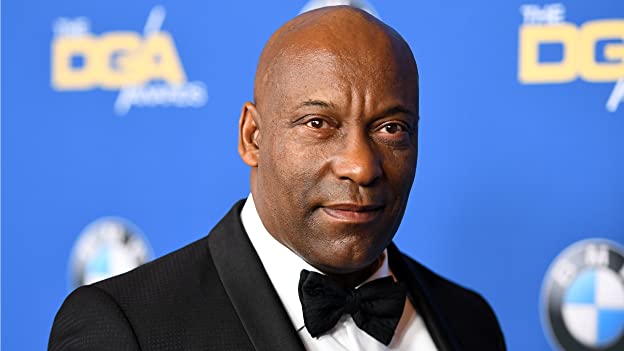John Singleton, may he rest in peace, was an American film director, screenwriter, producer, and actor first widely known for directing Boyz n the Hood, which earned him a nomination for the Academy Award for Best Director. In 2019, John died suddenly of a stroke at the tender age of 51 (yes, 51 is still tender). His will was drafted in 1993, almost 26 years before his death.
Life can drastically change in 26 years.
For John, his 1993 will was executed when he only had 1 child. He had 5 “confirmed” children at the time of his death and 2 minor children for whom paternity was never established. In 1993, John was a rising star and his assets were vastly less than the estimated $35 millions at the time of his death.
So what will happen to this estate? Well for starters, possibly years of litigation. Does the will excluding his children born after 1993 mean they do not inherit from his estate? Not necessarily.
If John’s estate was being administered in Florida, then his children born after the execution of his 1993 will would be deemed “pretermitted children” and they would have a right to inherit a share of his estate equal in value to what they would have received if John died intestate (i.e. without a will).
So what was John’s mistake? Delay. What can you learn from John’s estate planning mistake? Do not delay.
Delay is expensive. Delay is stressful for your family. Delay might mean your wishes are not actually achieved after your death.

Your estate plan – including your trust, will, power of attorney, healthcare surrogate, etc., should be considered a working document that is updated based on the circumstances of your life when you finalized the documents. This means that you should always revisit your estate plan to keep it updated. So when should you update your estate plan? The most obvious milestones include:
- getting married
- getting divorced
- having or adopting a child
- having another child
- buying property
- selling property
However, there are also some less obvious milestones that should prompt you to revisit your estate plan:
- when a minor child becomes an adult
- when you start a business
- if your spouse/child suffers a cognitive impairment
- when you move to another state
Yes, it may seem daunting to revisit your estate plan. Thinking about our own mortality is not fun. But since no one knows when these documents will need to be used (i.e. upon your death), it is always best to be prepared. I’m sure John did not expect that his 1993 will would be needed when he was only 51 years old. Yet, here we are.
